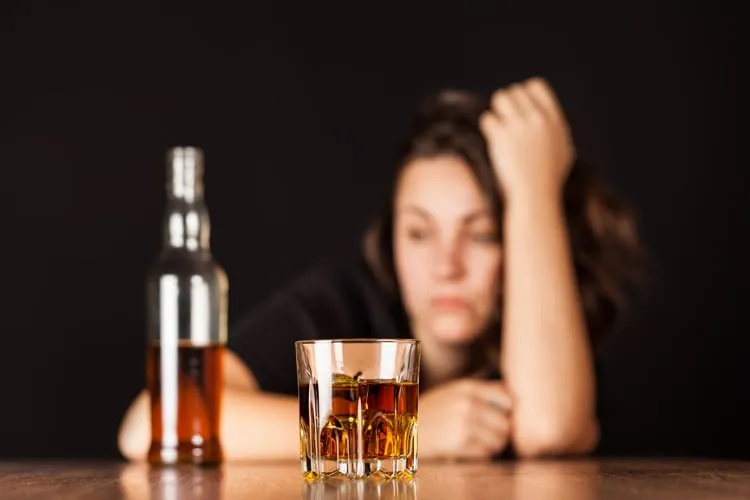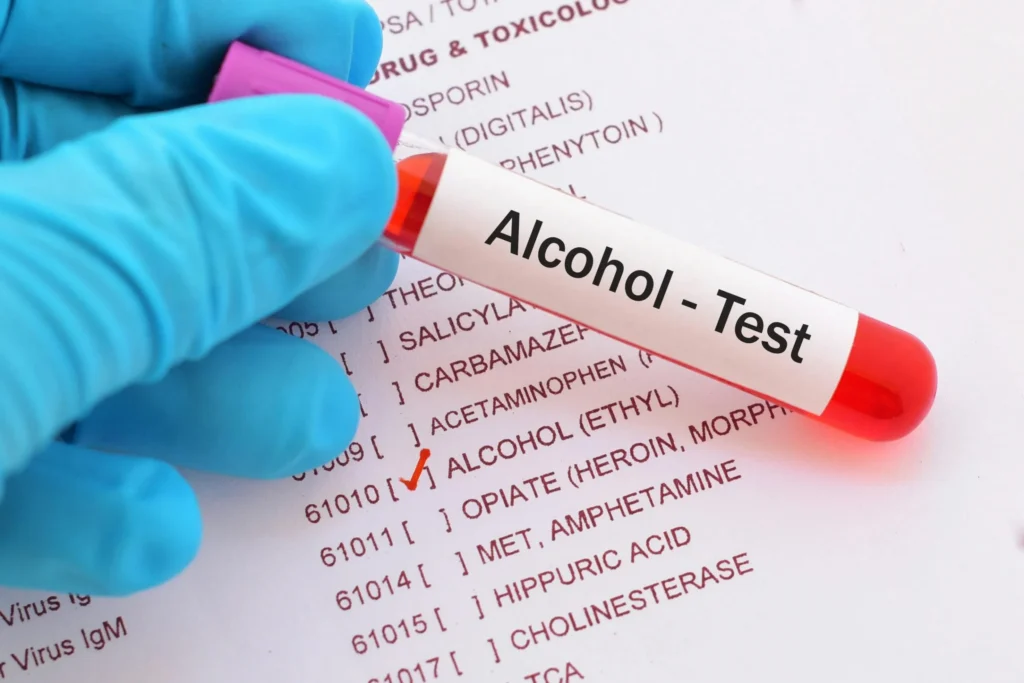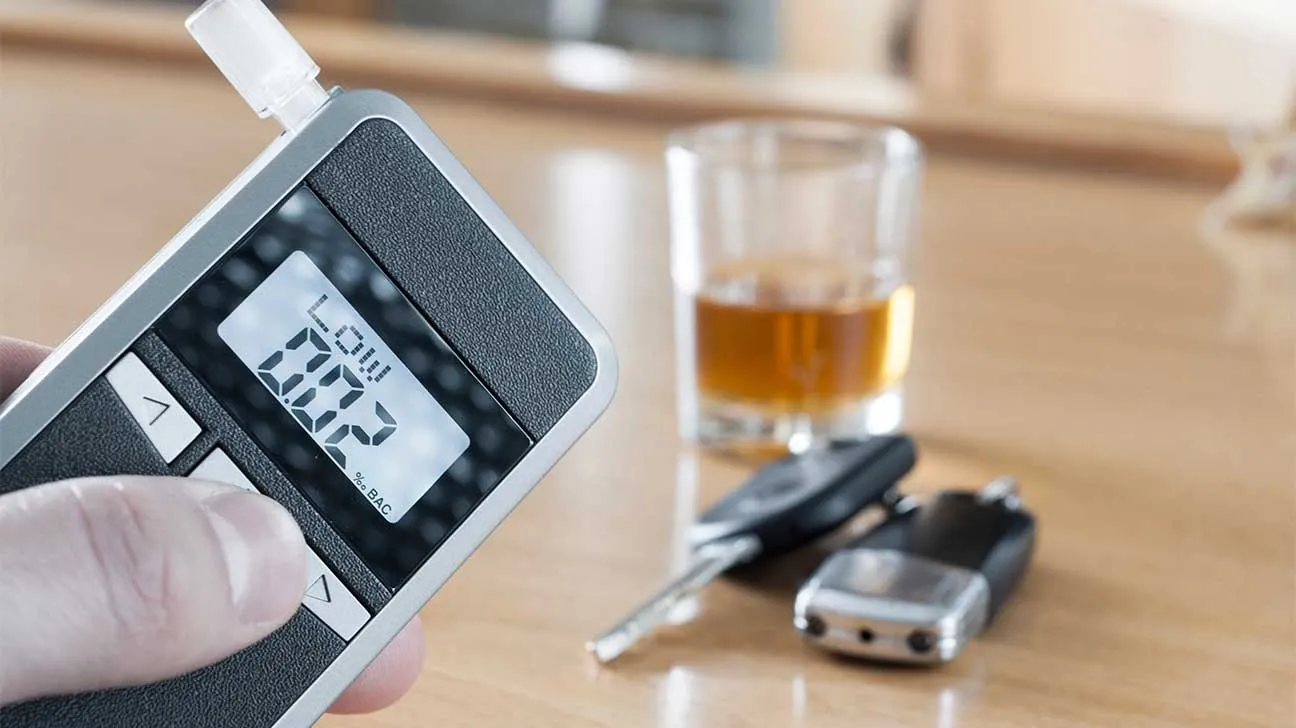The liver mostly metabolizes this, so we need to learn and understand the variables that influence this metabolism. The rate of Alcohol metabolism in the body can differ very widely from one person to another. Genetics plays an important role in how well your liver processes alcohol, so some people are much better at it than others.
How does the body estimate liquor levels?
The blood alcohol content is a measure of the amount of alcohol circulating in the bloodstream, expressed in terms of weight (milligrams) per unit of volume (milliliters), and shown as a percentage.1 It is widely assumed that the amount of Booze in the blood reflects the amount of alcohol consumed. However, blood alcohol concentration (BAC) is determined not just by the amount and rate at which alcohol is consumed but also by the presence or absence of food or other substances in the stomach, blood flow, and the individual’s weight, age, and other genetic factors.

How Long Does Alcohol Stay in Your System?
The detection times vary depending on the type of test used and whether somebody chronically uses booze. Booze can stay in your system from 6 to 72 hours, depending on most cases and what type of detection. Alcohol detection tests can measure alcohol in the blood for up to 12 hours, on the breath for 12 to 24 hours, urine for 12-24 hours (72 or more hours after heavier use), saliva for up to 12 hours, and hair for up to 90 days. The half-life of Booze is between 4-5 hours.
| Body System | Time in System |
|---|---|
| Blood | Up to 12 hours |
| Breath | 12-24 hours |
| Urine | 12-24 hours; 72 hours or more after heavier use |
| Saliva | Up to 12 hours |
| Hair | Up to 90 days |
The body metabolizes alcohol.
Although alcohol passes through the digestive system, it does not undergo extensive digestion within the digestive tract in the same manner as food. When the upper gastrointestinal tract absorbs it, a significant portion enters the bloodstream directly through the tissue lining of the stomach and upper small intestines.
Once the bloodstream carries it, it travels throughout the body and reaches the brain.
The absorption mechanism may be slightly slowed when there is food in the stomach. The stomach lining prevents food and alcohol from coming into contact or slows down the passage of alcohol from the stomach to the duodenum (the first part of the small intestine). In this way, alcohol does not directly interact with or pass through the stomach lining and into the duodenum, where it typically quickly absorbs into the bloodstream.
How Long Does It Take for Alcohol to Kick In?
Most men with minimal to no tolerance will begin to exhibit some characteristics of intoxication when their BAC reaches 0.05%, and their ability to drive will be significantly impaired at 0.07%. We will become intoxicated at 0.10%.
A 150-pound woman would reach a BAC of 0.1% and become intoxicated after consuming approximately 4 drinks within an hour. Performance is very bad about coordination and judgment, and the risks of accidents or injury increase at this point—that is a lot of drinking.
Further, the effects of this degree of intoxication may continue for a few hours even after the person has stopped drinking. Moreover, it could take many varying amounts of time to reach this kind of intoxication depending upon several factors, such as the age and weight of the woman in question, and her tolerance for alcohol.
How Do You Know When You’re Drunk?
The higher your BAC, the more likely you will be to display signs of intoxication, which may include:
- Lowered inhibitions.
- Slurred speech.
- Impaired coordination.
- Confusion.
- Trouble remembering things.
- Difficulty concentrating.
- Breathing problems (e.g., decreased respiratory effort, respiratory depression).
Drunk people are also at a higher risk for experiencing negative situations, including:
- Motor accidents.
- Risky behaviors, such as unprotected sex.
- Violence.
- Suicide and homicide.
How Long Does It Take to Get a Drink Out of Your System?
Alcoholism is predominantly broken down in the liver through the actions of an enzyme called alcohol dehydrogenase. On average, alcohol is metabolized at a rate of 15-25 milligrams per hour, but it varies by person, occasion, and the amount of Booze consumed. In addition to liver processing, about 2%-5% of drink is eliminated through sweat, breath, and urine.
A standard drink is defined as:
- 12 fl. oz. of regular beer.
- 8-9 fl. oz. of malt liquor.
- 5 fl. oz. of wine.
- 1.5 fl. oz. shot of distilled spirits (gin, rum, tequila, vodka, whiskey).
Various factors can influence how quickly the body breaks down alcohol:
- Age.
- Weight.
- Gender.
- Metabolism.
- How much food does the person eat?
- Type and strength of the alcohol.
- Whether the person has taken any medications.
Does Drinking Water or Coffee Help You Sober Up?
The breakdown and elimination of Booze cannot be sped up by drinking water or sleeping, and neither coffee nor a shower will sober you up faster. They might make you more alert, but they will not eliminate alcohol from your blood. As long as your rate of consumption is greater than your rate of elimination, your BAC will continue to rise.
At what point does a test no longer detect alcohol?
As previously mentioned, the amount of time Booze can be detected in your system depends on the type of test used.
Because Booze is metabolized quickly, clinicians often confirm intoxication or recent drinking by relying on observations of Booze use—such as slurred speech or the smell of alcohol—or by administering a breath test.

How Much Alcohol Will Kill You?
Overdose, or alcohol poisoning, can be serious. You can overdose when there is a high enough amount of alcohol in your system to cause life-supporting functions, such as breathing or heart rate to dangerously slow or even stop.
As your BAC goes up, so do the adverse consequences of inebriation, and the gamble of excess additionally increments since the liquor focus ascends in the blood. With that, the body’s capacity to work is usually diminished. Then, there is a more serious gamble of well-being and serious outcomes happening at higher BAC levels, for example, liquor harming.
- 0.06% – 0.15% BAC: speech, memory, attention, coordination, and balance moderately impaired; driving ability significantly impaired
- 0.16% – 0.30% BAC: significant impairments in speech, memory, attention, balance, reaction time, and coordination; driving ability dangerously impaired; judgment and decision-making impaired; risk of blackouts; vomiting; loss of consciousness
- 0.31% – 0.45% BAC: risk of life-threatening overdose and risk of death from suppression of breathing, heart rate, and body temperature
Symptoms of Alcohol Overdose
Symptoms of an overdose include:
- Profound mental confusion.
- Stupor.
- Loss of consciousness.
- Vomiting.
- Clammy skin.
- Pale or bluish skin color.
- Low body temperature.
- Slow heart rate.
- Slowed or irregular breathing.
In particular, your risk of overdose increases if you also binge drink, which by definition involves consuming 4 drinks in 2 hours for a woman or 5 drinks in 2 hours for a man. Extreme binge drinking frequently entails drinking 2 or more times the binge drinking threshold. As a result, having a large quantity within a very short period is way beyond the rate of removing alcohol from the body by the liver and eventually results in a very fast rise in BAC.
The risk of overdose may become even greater if a person mixes alcohol with opioid or sedative-hypnotic medications, such as painkillers, sleep medications, or antidepressant drugs. These medications also inhibit breathing, and when combined with alcohol, these effects are intensified and can lead to an overdose even with moderate levels of alcohol consumption.
Dangers of Liquor Abuse
As per the Public Review on Medication Use and Wellbeing, generally 29.5 million individuals matured 12 or more established had a liquor use jumble in the US in 2021. This figure addresses 10.6% surprisingly in this age bunch. Liquor-related passings are the fourth-driving reason for preventable demise in the country, with around 140,000 individuals biting the dust every year from liver disappointment, self-destruction, plastered driving, and different mishaps.


1 thought on “How Long Does Alcohol Stay In Your System?”